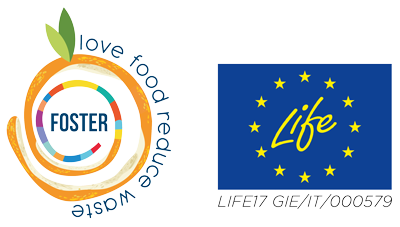The Food Waste Reduction Alliance defined food waste as: “Any solid or liquid food substance, raw or cooked, which is discarded, or intended to be discarded. Food waste is the organic residue generated by the processing, handling, storage, sale, preparation, cooking, and serving of foods.” (http://justfooderp.com/blog/five-strategies-for-food-waste-reduction-at-manufacturing-and-processing-facilities/)
Implementing good practices in food waste prevention
Preventing food waste requires implementing good practices in every stage of the food chain, including agriculture production, manufacturing, processing, transportation, retail and consumption at home.
Keeping in mind that more than 20% of global waste on landfills is food, we need to stop for a second and ask ourselves what we are doing wrong. There are several actions for raising awareness and promoting food waste prevention. Some European countries show a significant improvement regarding these positive practices. In this article, we will mention a few of them. (https://www.interreg-central.eu/Content.Node/STREFOWA.html)
Italy
Italy is one of the earliest European trendsetters when it comes to preventing food waste and food distribution. In 1989 Italy founded the National Day of Food Collection initiated by Banco Alimentare. This action collects fresh, entire, and not expired food, which would be thrown away because it is not marketable for one reason or the other. (https://www.bancoalimentare.it/it/news/national-food-collection-day-8200-tons-donated-food)
There are more similar initiatives, such as the Win Win Win initiative started in 2014, which focuses on helping small local food shops, the customers and the planet through tackling food waste.
Austria
An inspiring story comes from Austria, where entrepreneur Cornelia Diesenreiter started producing jams, chutneys and syrups from unused fruits, vegetables and herbs. She managed to save around 1173 kg of fruits and 949 kg of vegetables in 2016. (https://www.unverschwendet.at/)
Czech Republic
In 2015, Sodexo, which manages more than 80 restaurants around the Chech Republic, became part of the Waste Watch initiative, which improves ways to track food waste. (https://www.food-management.com/sodexo/sodexo-enhances-waste-reduction-program-updated-equipment) Waste Watch set a goal to reduce food waste by one-third by 2025. They divide food waste into four categories, place them in different containers to examine the quality and composition of the collected food. Finally, these statistics help in developing response strategies to reduce and prevent food waste.
Poland
Another food redistribution action that made a noticeable difference in the food waste started in Poland and is called FEED Them UP. The project is involved in the process of distributing food to organizations that help people in need. This initiative is the first of a kind in Poland, and it began due to an obvious issue with food waste and the high interest of charity organizations. With the help of the project partners, this action transferred several hundred kilos of food.
Good practices in preventing food waste on an international level
In 2009, a phenomenal project started in the United Kingdom called Feed Back. This organization became widely known for its operation to feed 5000 people, otherwise known as “Feeding the 5000”, using food that was meant to be wasted. Since this project started, it spread worldwide in different cities and reused around 28 tonnes of food. (https://feedbackglobal.org/campaigns/feeding-the-5000/) The goal is to expand the network globally and provide essential information and guidance to leading politicians and governmental institutions.


